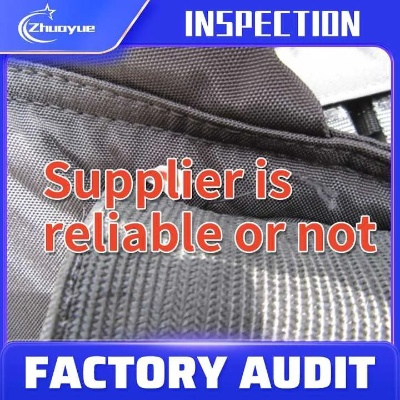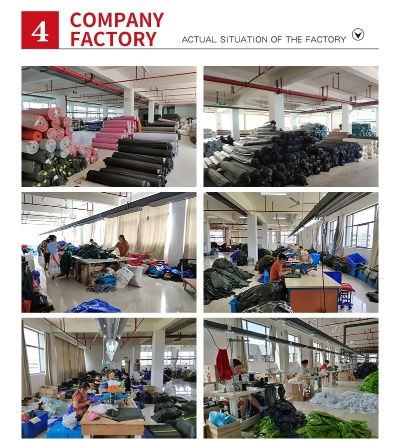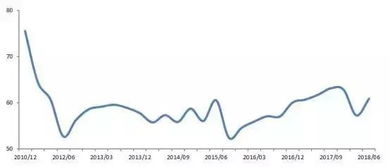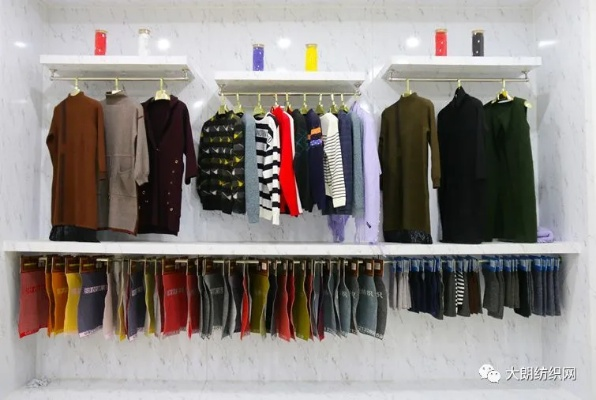What is a Textile Testing Employee?
A textile testing employee is a professional in the field of textiles who specializes in conducting various types of inspections and tests on fabrics, yarns, and other materials used in the production of clothing and other textile products. They work closely with manufacturers to ensure that the products meet quality standards and regulatory requirements. Textile testing employees may be responsible for conducting physical and chemical tests to evaluate the strength, durability, and colorfastness of fabrics, as well as assessing the performance of dyes and finishes. In addition to their technical expertise, they often have a keen eye for detail and are able to identify any potential defects or issues in raw materials or finished products.
Introduction to Textile Testing Role
In the world of textile manufacturing, there is a critical role played by those who are dedicated to ensuring the quality and safety of our clothing and home furnishings. These individuals, known as textile testing employees, play an essential role in identifying any defects, ensuring compliance with standards, and safeguarding consumer trust. In this essay, we will delve into the responsibilities and skills required for this position, as well as highlight some practical examples that illustrate how they contribute to a thriving textile industry.
What Do Textile Testing Employees Do?
Textile testing employees perform a myriad of tasks aimed at maintaining the integrity and reliability of textile products. Their job involves conducting various tests on raw materials, semi-finished goods, and finished products to ensure that they meet specific industry standards. Some of the key tasks include:

-
Quality Control: This includes inspecting the fabric for any signs of defects like holes, tears, or unevenness. The employee must also check for proper threading, color consistency, and pattern accuracy.
-
Sampling and Analysis: They may be responsible for taking samples from different stages of production and analyzing them using appropriate methods to determine the quality and suitability for final use.
-
Testing Equipment: These employees often need to be proficient in using specialized tools and equipment such as calipers, densitometry devices, and colorimeters to measure and analyze fabric properties.
-
Compliance Verification: They ensure that products meet legal regulations like Oeko-Tex Standard 100, which ensures that textiles don't contain harmful substances.
-
Documentation: Documenting findings and results helps in maintaining transparency within the supply chain, allowing for corrective actions if necessary.
Skills and Knowledge Required:
A successful textile testing employee requires a combination of technical expertise along with soft skills such as attention to detail, communication skills, and problem-solving abilities. Some of the core competencies include:
- Understanding and adhering to industry standards and regulations
- Proficient use of testing equipment and analytical techniques
- Ability to interpret test results and communicate complex information in layman’s terms
- Strong analytical skills and ability to make accurate measurements
- Detail-oriented and meticulous approach to work
- Excellent organizational skills for managing multiple tasks and projects simultaneously
- Proficiency in data analysis and interpretation
Practical Application Examples:
One example of the impact textile testing has on the industry is the recent case study of a major fashion brand's partnership with a leading textile testing company. The brand was faced with a challenge of producing high-quality garments that met stringent international standards. To address this issue, the testing company employed a team comprising experienced textile testing employees who conducted rigorous quality checks on every stage of the production process. By implementing their recommendations, the brand was able to significantly improve its product quality and reduce costs associated with defective products.
Conclusion:
The textile testing employee plays a crucial role in safeguarding consumer interests, ensuring product safety, and driving innovation within the textile industry. Their skills and knowledge are vital in maintaining a high standard of excellence across the industry, ultimately benefiting consumers while contributing to the sustainable development of the global textile sector. As we look to the future, it becomes increasingly important for companies to invest in these skilled professionals, who can help them navigate the complex challenges of the ever-evolving textile market.

在纺织品行业中,员工测试是确保产品质量和性能的重要环节,本文将详细阐述什么是纺织品测试员工以及其具体操作流程。
纺织品测试员工的重要性
纺织品测试员工主要负责纺织品的质量检测和性能评估,他们通过一系列的测试方法,对纺织品进行全面的质量评估,确保其符合相关标准和法规要求,他们也是纺织品生产过程中的重要监督者,确保生产过程符合质量标准。
纺织品测试员工的工作内容
- 材料检测:纺织品测试员工需要对原材料进行检测,包括纤维含量、材质、颜色、尺寸等,他们通过使用各种检测仪器和设备,对原材料进行细致入微的质量检测。
- 性能测试:纺织品测试员工还需要对纺织品进行性能测试,包括拉伸强度、撕裂强度、耐磨性、吸水性等,他们根据不同的测试标准和方法,对纺织品进行精确的评估。
- 安全测试:在纺织品生产过程中,员工还需要进行安全测试,确保生产环境符合相关标准和法规要求,他们需要检查生产设备是否安全可靠,以及生产过程中的卫生条件是否符合要求。
案例说明
以某纺织品公司为例,其员工在进行纺织品测试时采用了多种测试方法和技术,以下是该公司的员工测试流程的英文表格说明:
英文案例表格:
| 测试项目 | 测试方法 | |
|---|---|---|
| 材料检测 | 使用纤维分析仪、拉力试验机等设备 | 对原材料进行纤维含量、材质、颜色、尺寸等检测 |
| 性能测试 | 使用拉伸强度测试仪、耐磨性试验机等设备 | 对纺织品进行拉伸强度、撕裂强度、耐磨性等性能测试 |
| 安全测试 | 进行环境检测、设备检查等 | 检查生产设备是否安全可靠,生产过程中的卫生条件是否符合要求 |
在这个案例中,员工通过细致入微的材料检测和精确的性能测试,确保了纺织品的各项性能指标符合相关标准和法规要求,他们还进行了安全测试,确保生产环境符合相关标准和法规要求,这些员工是纺织品行业中的专业人士,他们的专业知识和技能对于保证纺织品的品质和安全至关重要。
纺织品测试员工是纺织品行业中的重要组成部分,他们的职责是确保纺织品的质量和性能符合相关标准和法规要求,通过细致入微的材料检测和精确的性能测试,以及进行安全测试等操作流程,他们为纺织品的生产和销售提供了可靠的质量保障,他们也是纺织品的监督者和质量控制的重要环节。
Articles related to the knowledge points of this article:
The Evaluation of Chengsheng Textiles PJ Sets:A Comprehensive Review
Protecting Your Home with the Power of Antimicrobial Guangzhou Textiles
The Art of Textile Design Splitting Flowers
The Impact of Material Innovation on the Winter Fashion Industry



